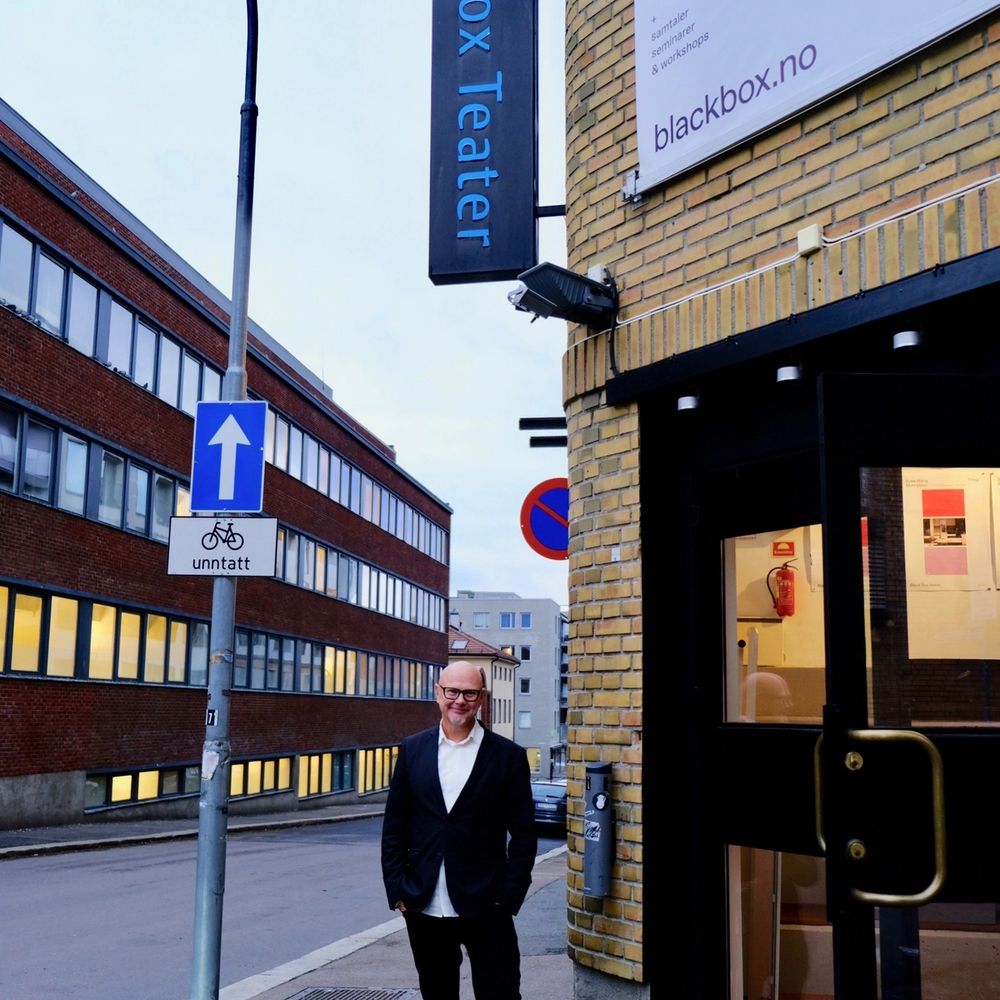Choreographer Tendai Makurumbandi does not hold back in this relentless work about a young man's search for his own voice.
Namibia is one of the few tribes in Africa that calculates the date of birth of a child not from the day the child is born or conceived, but from the very day the child is thought of in the spirit of the mother. When a Himba woman decides to have a child, she goes off and sits alone under a tree, and she listens until she can hear the song of the child who wants to be born. After she’s heard the song of this child, she teaches the song to the man who will be the child’s father. As the child grows up, the other villagers are taught the child's song. If the child falls or is injured, someone picks him/her up and sings the child's song.
Zimbabwean choreographer Tendai leaves no stone unturned in his most personal works ever; an attempt to find his personal song, lost long before he was born, one of the hereditary effects of colonialism.
As a Zimbabwean in Norway, Makurumbandi is critical of the racial hierarchy that binds the marginalized into a group. On the one hand, the group provides the marginalized and their descendants with respite and a community; on the other, community can function as a weapon against one's own physicality, keep them from advancing as a race, erasing their sense of personality and identity.
My Song goes far in its attempt to challenge the political and social structures that define the way we live, by ourselves, and each other. Makurumband asks: Is it possible to envision differences between people as a value, in art, and in society?
+ 17. oktober, Aftertalk with Tendai Makurumbandi.
Meet Tendai Makurumbandi in a conversation after the performance.
In collaboration with CODA Oslo International Dance Festival .






















